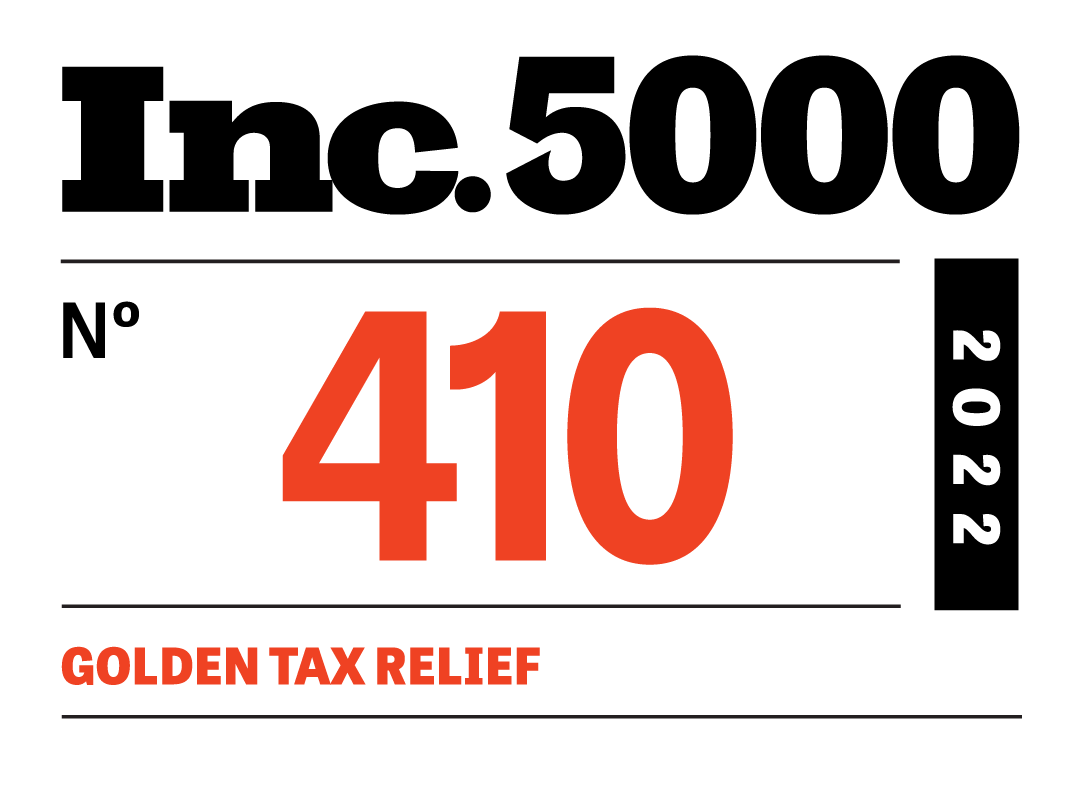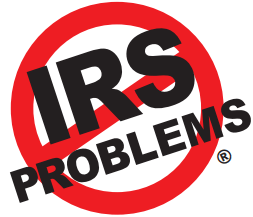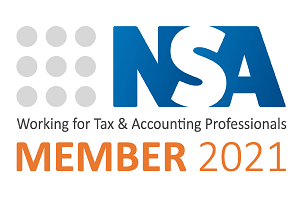
Trust Fund Recovery Penalty Services in The Chicagoland Area & Nationwide
On a federal Form 941 or Form 944 tax return there are two types of taxes, namely Trust Fund taxes and non-Trust Fund taxes. The Trust Fund Taxes consist of the income tax withheld from your employees along with the employees’ withheld FICA and Medicare taxes. The non-Trust Fund portion consists of the employer’s contributions towards FICA and Medicare. Roughly speaking, approximately 70 cents of every dollar listed on a 941 tax return consists of Trust Fund tax.
Case Study: Business Partner Not Aware of Company’s Tax Liability
In this case study, two individuals, including our taxpayer, ran a corporation that had employees. The corporation was successful for many years and our taxpayer earned a substantial income from the corporation. However, after a period of time, the business started doing poorly. Our taxpayer worked away from the office and was in charge of field operations. The taxpayer’s partner worked primarily out of the corporate office and made all of the day-to-day decisions regarding the operation of the business. Both partners could hire and fire employees, could sign checks, could make business decisions and could sign tax returns. However, as a practical matter, the partner charged with the day-to-day operations of the corporation who worked in the corporate office made those decisions. The business stopped filing its federal Form 941 tax returns and stopped making the associated federal tax deposits. As a result, the business incurred $700,000.00 in unpaid federal Form 941 liability. The IRS subsequently proposed to assert the Trust Fund Recovery Penalty against both partners, including our taxpayer. Because our taxpayer was not in the office and did not make business decisions, we raised the defense of responsibility and/or willfulness. This case is still pending before the IRS.
-
How Does the IRS Come After Me Individually?
When a corporation has unpaid federal Form 941 or Form 944 liability, the IRS attempts to collect the entire tax liability directly from the corporation which includes Trust Fund tax, non-Trust Fund tax, penalties and interest. If the corporation cannot pay the tax liability in full or cannot pay it fast enough, the IRS then proposes to assert the Trust Fund Recovery Penalty against the owners, officers, directors, shareholders or other responsible individuals. First, a Revenue Officer typically visits the business and asks to meet with the owners, officers, directors, shareholders or other responsible individuals. During that meeting, the Revenue Officer will typically perform a Form 4180 interview with those individuals. This information assists the Revenue Officer with determining who should be held responsible for the unpaid Trust Fund liability of the corporation. The Revenue Officer will then issue a separate letter proposing to assert the Trust Fund Recovery Penalty against those individuals. The individuals who receive this letter from the IRS must file a Protest within 60 days from the date of the letter, if appropriate. Failure to timely or properly file a Protest will cause the IRS to assess the Trust Fund liability against that individual. After the Trust Fund Recovery Penalty is assessed against that individual, the IRS is free to take enforced collection action against the personal assets of that individual.
-
What Are the Defenses to the Assertion of the Trust Fund Recovery Penalty Against Me?
There are generally two defenses to the assertion of the Trust Fund Recovery Penalty, namely responsibility and/or willfulness and numerical accuracy.
1. Defense of Responsibility and/or Willfulness
The IRS looks for individuals who have the responsibility for paying the tax liability in issue to the IRS and who willfully failed to pay the tax liability in issue. Generally, the individuals that make the decision to not pay the government will be subject to the Trust Fund Recovery Penalty. Further, if someone had the responsibility to pay the tax liability to the government but allowed others to make that decision, the Trust Fund Recovery Penalty can still be assessed against that individual. A defense to the assertion of the Trust Fund Recovery Penalty based upon this ground makes the argument that you are neither responsible nor willful regarding the unpaid tax liability.
2. Defense of Numerical Accuracy
Frequently the IRS’ calculation of the Trust Fund Recovery Penalty is inaccurate, meaning that it is higher than it should be. For our clients we always do a thorough analysis to determine the accuracy of the IRS’ calculation of the Trust Fund Recovery Penalty. We frequently make an argument on behalf of our clients based upon numerical accuracy that ultimately causes the IRS to substantially reduce the Trust Fund Recovery Penalty.
-
What if My Business in Not a Corporation?
If you operate your business as a sole proprietorship or a single member LLC, the IRS can collect the entire unpaid Form 941 or Form 944 liability (Trust Fund and non-Trust Fund) plus penalties and interest from you. The Trust Fund Recovery Penalty does not generally apply in this situation.
-
Can I Make Voluntary Designated Payments to the IRS?
Businesses frequently make voluntary payments to the IRS that do not contain proper designation language. If a business makes a voluntary payment to the IRS without proper designation language, the IRS typically applies these funds first to penalties, then to interest, then to the non-Trust Fund portion of the corporate liability and lastly to the Trust Fund portion of the corporate liability. The application of money in this fashion continues to expose the individuals who run the business to personal liability under the Trust Fund Recovery Penalty. All voluntary payments to the IRS should contain special designation language to ensure that these payments benefit the individuals that run the business and reduce or eliminate the threat of personal liability under the Trust Fund Recovery Penalty. IRS Trouble Solvers™ can carefully craft this special designation language for you.



